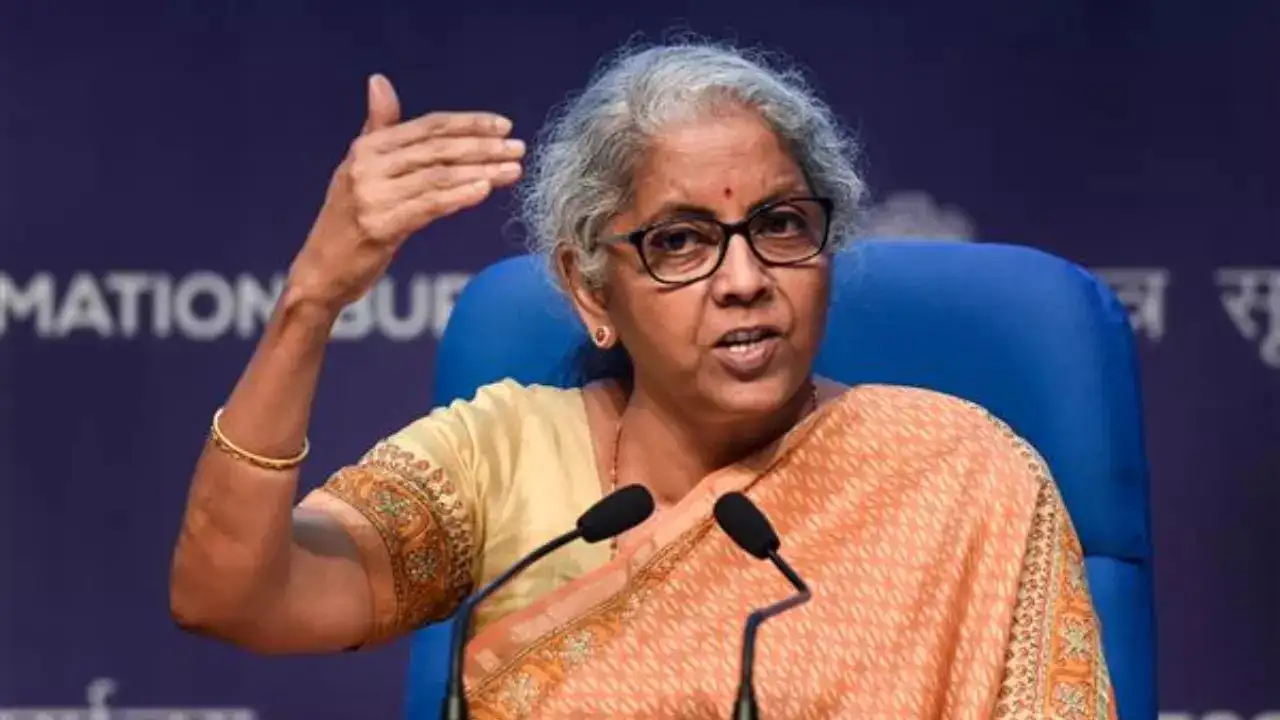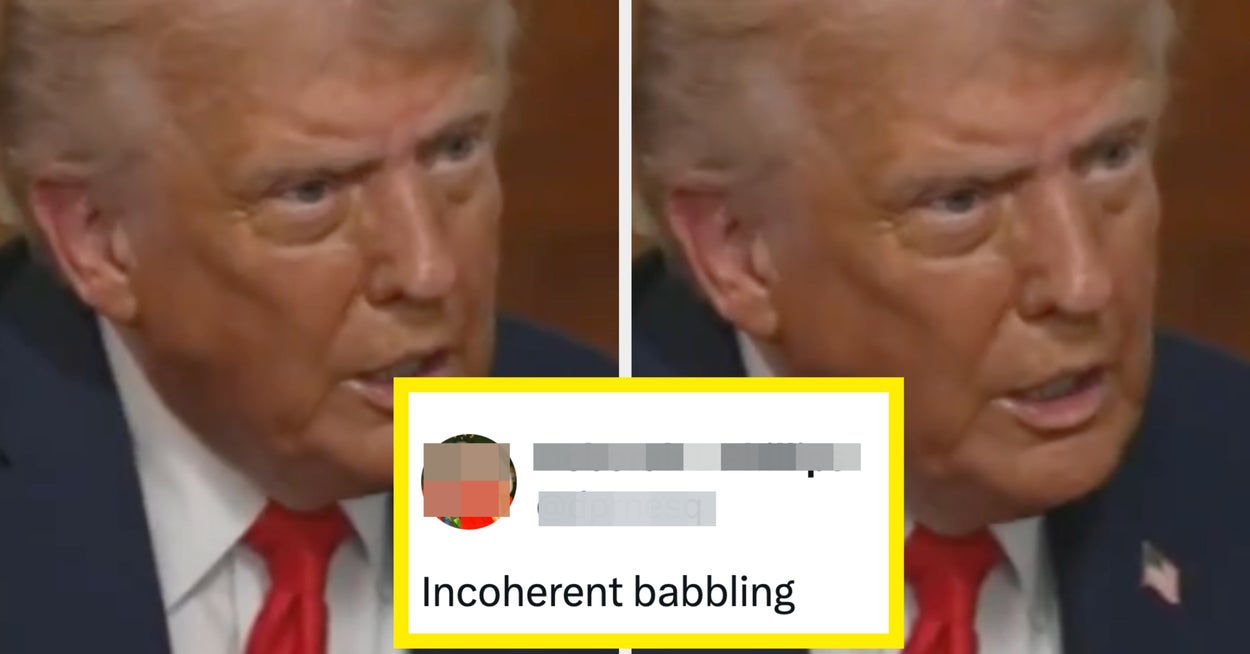By Samannay Biswas
Copyright timesnownews

At the Kautilya Economic Forum, Finance Minister Nirmala Sitharaman painted a stark yet forward-looking picture of the evolving global order, calling the present moment an “era of great uncertainty and volatility” that demands resilience, adaptability, and strategic vigilance. A Shifting Global Order Sitharaman noted that the foundations of the global order are shifting beneath our feet. The turbulence the world faces today is not simply a passing disruption, but a structural transformation in the way economies, societies, and politics interact. “Dislocations define this new era,” she said, pointing to how trade flows are being reshaped, alliances tested, investments rerouted along geopolitical lines, and shared commitments re-examined. The international order, she argued, is morphing into something fundamentally different. Structural Transformation, Not a Passing Storm The Finance Minister cautioned against underestimating the scale of change. “To state that the present is turbulent would be an understatement regarding the challenge at hand,” she remarked. These are epochal historical shifts that do not come around every year, but once in generations. She observed that while many Asian nations have long absorbed the material benefits of globalisation, they did so without necessarily adopting the political frameworks that shaped Western societies—creating new dynamics in the balance of power. India as a Stabilising Force Against this backdrop, Sitharaman positioned India’s rise as a stabilising force—neither accidental nor transient. She stressed that the Indian economy remains resilient, but warned that resilience cannot be taken for granted. “Just as eternal vigilance is the price of liberty, eternal performance is the price of strategic independence,” she said. “There is no room for complacency.” Multipolarity vs. Unipolarity For many smaller developing nations, the dilemma lies in whether the future belongs to a multipolar world or a unipolar one. History offers no guarantees, Sitharaman acknowledged, but the trajectory suggests a fragmented world with multiple centres of power. This fragmentation is reinforced by rising derisking, decoupling, and the slowing of globalisation, all of which accentuate trade-offs for nations navigating uncertain waters. Some societies, she warned, have become chronically dependent on costly imports, deepening their vulnerabilities. Confronting Imbalances and Rethinking Systems “The task before us is not just to manage uncertainty but to confront imbalances,” the Finance Minister argued. This includes acknowledging that global financial systems are being reimagined, and that geopolitical conflicts—ranging from sanctions and tariffs to wars and strategic rivalries—are redrawing the very boundaries of cooperation and conflict. Crisis as a Prelude to Renewal Yet, Sitharaman struck a note of cautious optimism, pointing out that crises often precede renewal. The challenge, she said, lies in ensuring that inclusive principles shape future cooperation, rather than exclusionary or divisive strategies. “Choices are stark,” she concluded, “but with resilience, strategic independence, and inclusive cooperation, prosperity can still be sought—even in turbulent times.”



